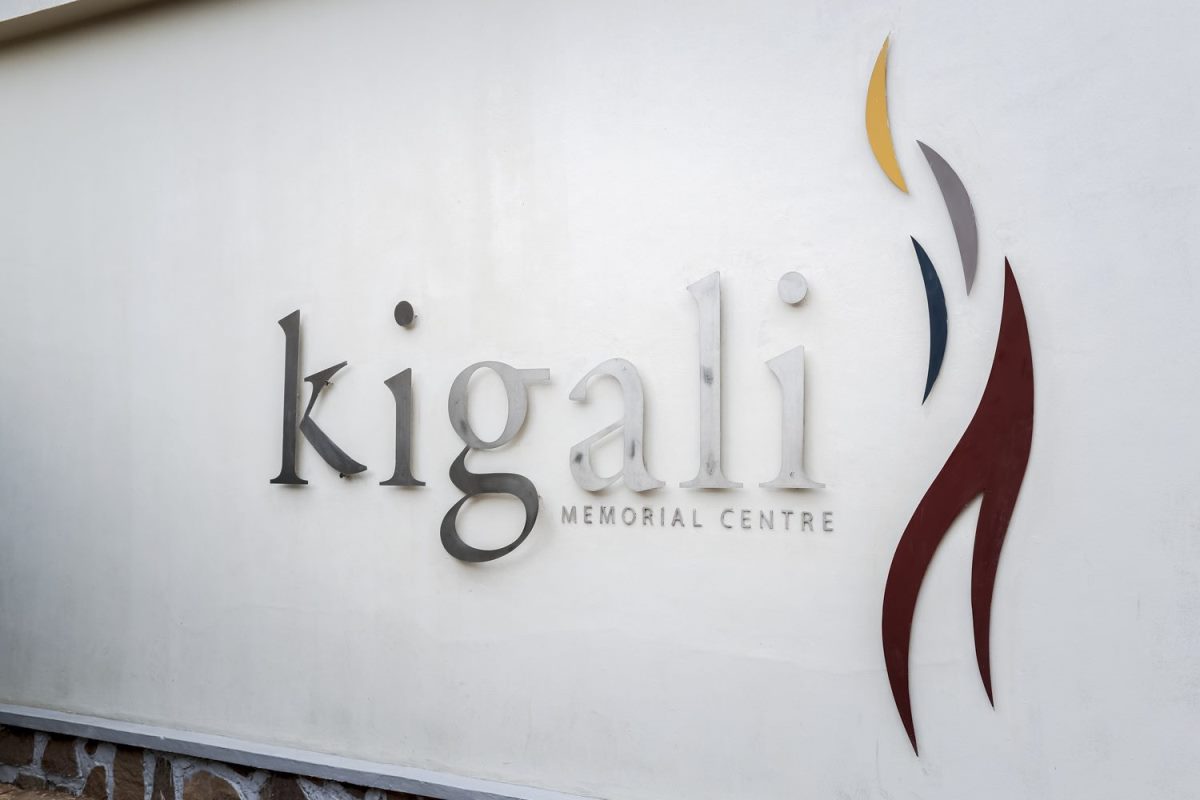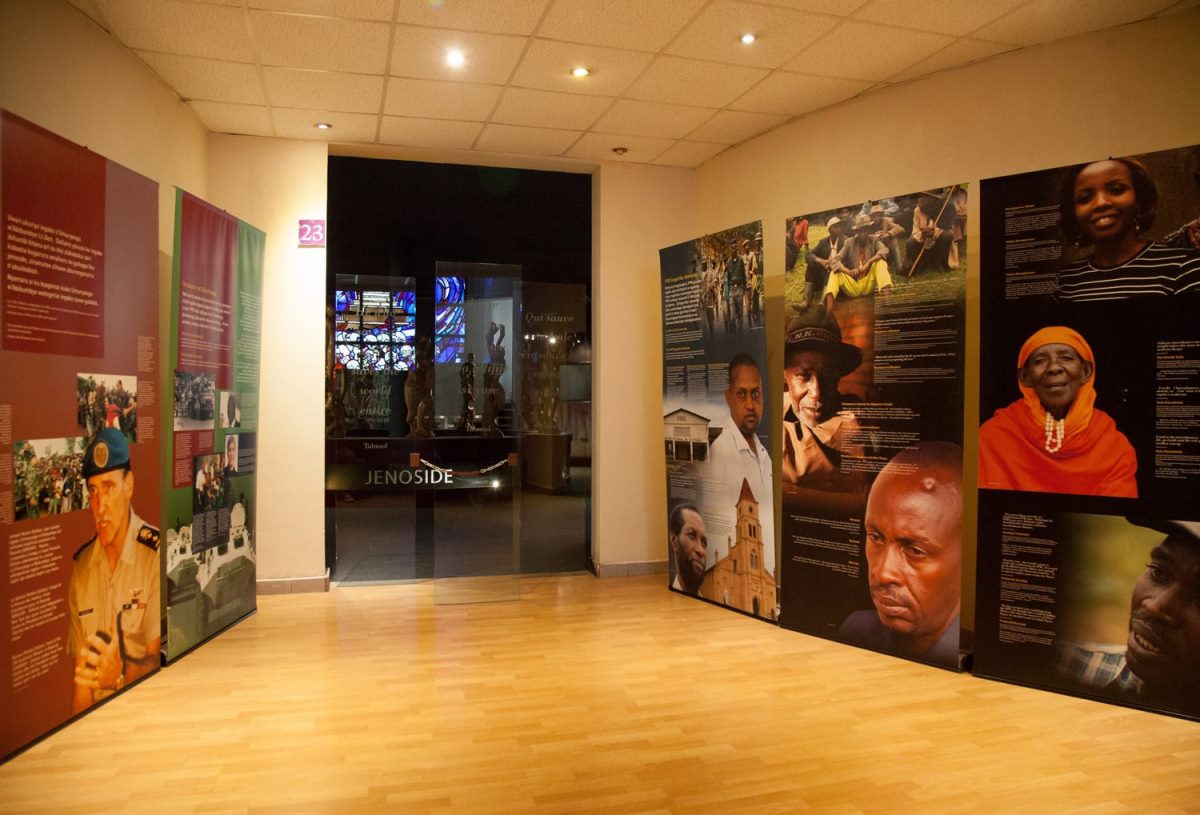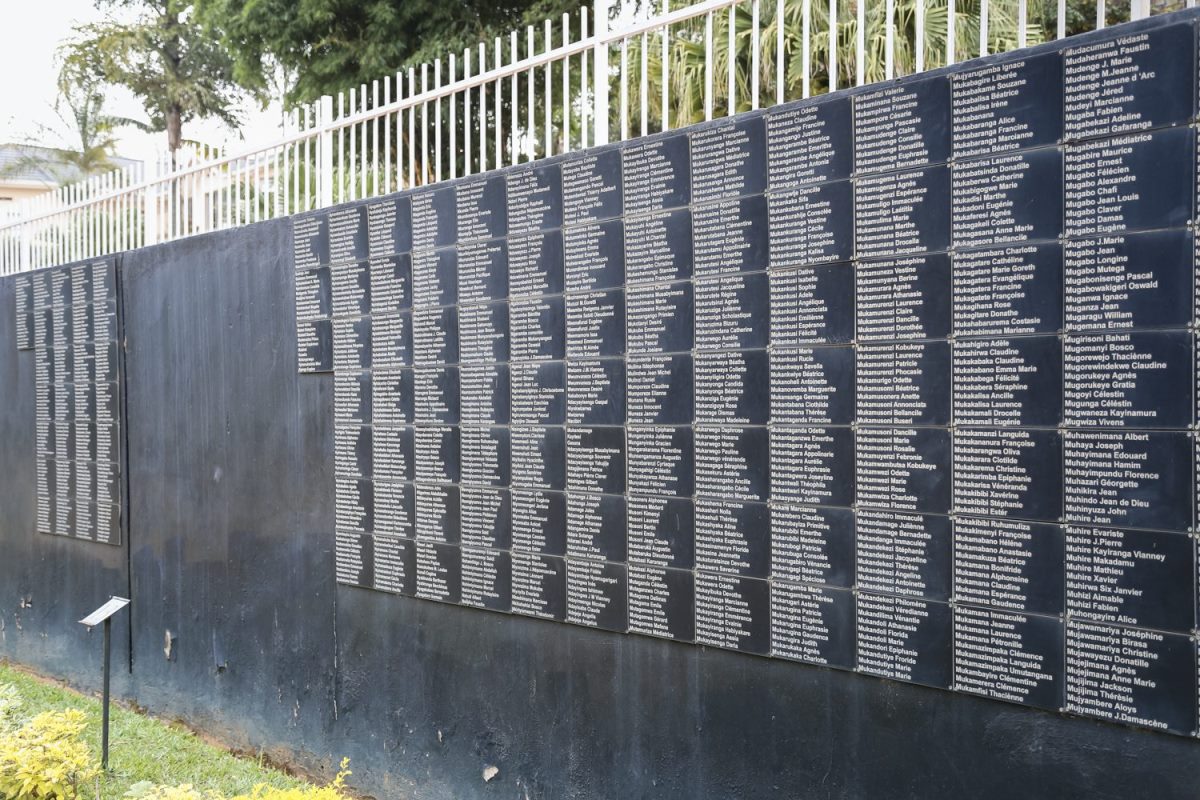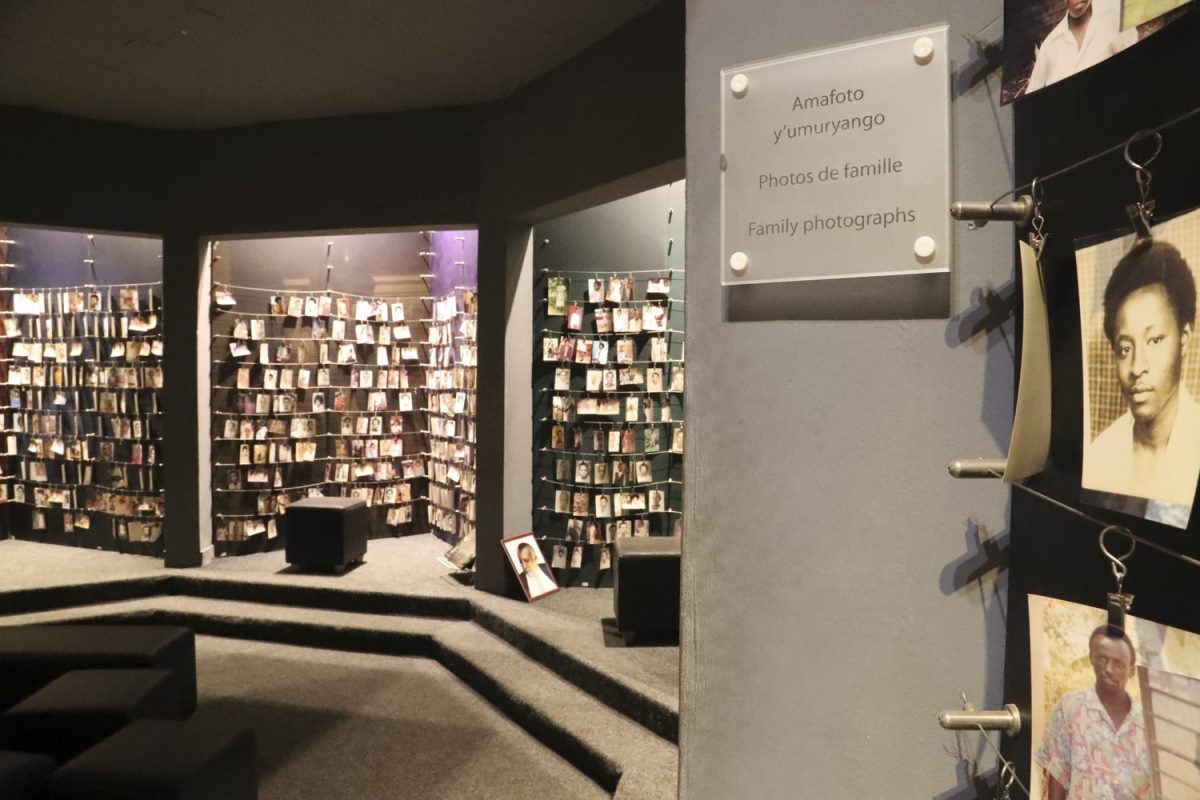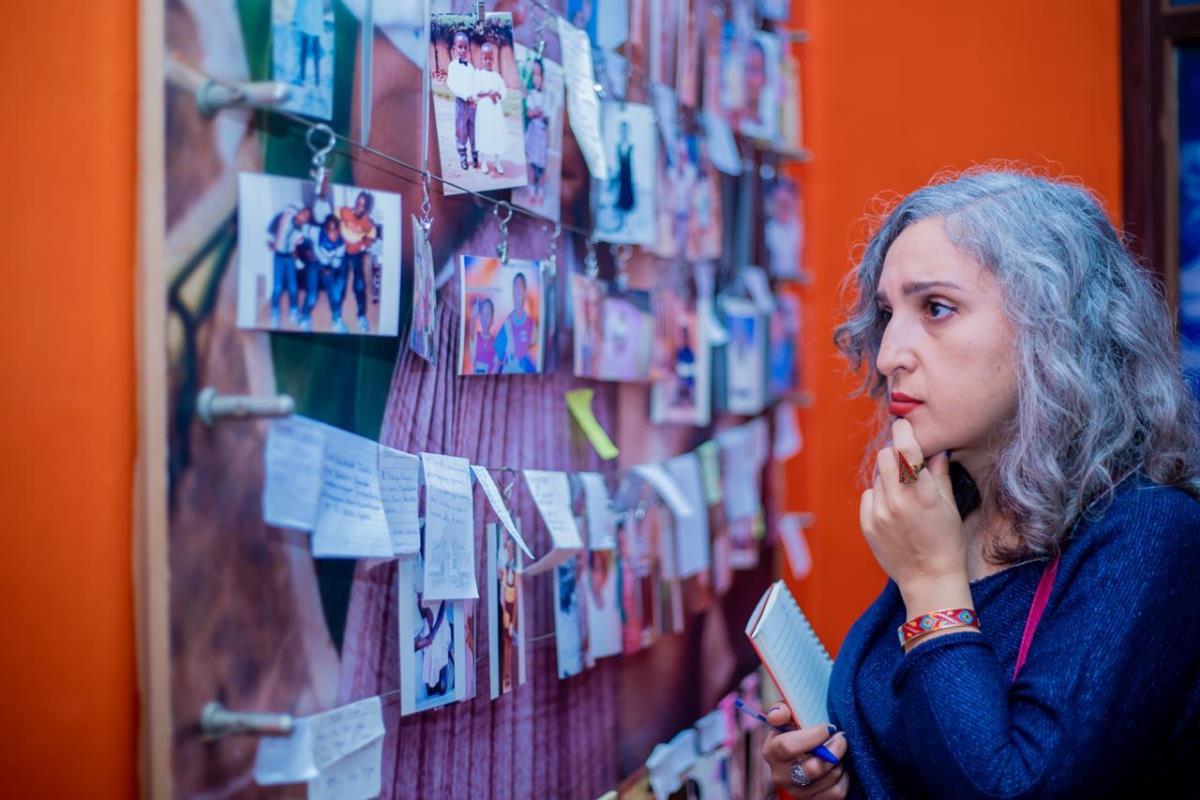Kigali Genocide Memorial, Rwanda
KIGALI GENOCIDE MEMORIAL TRAVEL GUIDE, RWANDA
The people of Rwanda embrace peace and reconciliation. They are committed to fight the ideology of genocide. The memorials found throughout the country are moving testimonies in memory of the 1994 Genocide against the Tutsi and the people who lost their lives.
Inaugurated in 2004, the Kigali Genocide Memorial at Gisozi is the final resting place for more than 250,000 victims of the Genocide against the Tutsi. This memorial also serves to educate about how the Genocide against the Tutsi took shape and examines genocide in the 20th century.
The wall of names is dedicated to those who died and is a work still in progress. Many of the victims’ names have yet to be gathered and documented and many of the victims who rest in the graves are unknown.
The memorial gardens provide a place for quiet contemplation about the history of the Genocide against the Tutsi. They allow visitors to reflect on how we all have a personal responsibility to prevent discrimination and mass atrocity.
The centre also provides support for survivors, in particular orphans and widows.
While the largest memorial is in Kigali, the genocide touched all corners of Rwanda, and as such there are many emotionally charged memorials located throughout the country. Some are as simple as a quiet garden space for contemplation, while others are larger and hold relics, remains, and exhibits on the genocide itself.
Beyond the main memorial centre in Kigali, a few of the memorials include:
Camp Kigali Belgian Monument
A small museum lies at the site of the massacre of ten Belgian UN Blue Beret. At the onset of Genocide under the command of General Dallaire, they were deployed to guard the house of Prime Minister Agatha Uwilingimana. When the genocide began, Presidential Guard soldiers invaded the home, disarmed the Belgians and transported them to Camp Kigali where they killed them. The ten stone pillars memorialise the ten soldiers killed.
Location of Kigali Genocide Memorial, Rwanda
The Kigali Genocide Memorial is located in Gisozi, a suburb just outside the central area of Kigali, the capital city of Rwanda.
Geographical Position of Kigali Genocide Memorial, Rwanda
Gisozi: The memorial is situated in the Gisozi area, which is approximately 10 minutes' drive from the center of Kigali. This location makes it easily accessible for both locals and tourists.
Proximity to Major Landmarks: The memorial is near several important landmarks and institutions in Kigali, enhancing its accessibility and significance.
Coordinates: The geographical coordinates are approximately 1°55'52"S latitude and 30°03'36"E longitude.
Kigali Genocide Memorial Accessibility
By Car or Taxi: The easiest way to reach the memorial is by car or taxi. There is free parking available at the memorial's car park.
Public Transport: For those using public transport, the nearest bus stop is at Kinamba on KN 8 Avenue, about half a mile away. From there, visitors can walk up KG 14 Avenue to reach the memorial.
The Kigali Genocide Memorial's location in Gisozi, just outside central Kigali, makes it a significant and accessible site for remembrance and learning. Its proximity to major landmarks and ease of access by car, taxi, or public transport ensures that visitors can easily reach this important memorial.
History of Kigali Genocide Memorial, Rwanda
The Kigali Genocide Memorial, located in Gisozi, Kigali, Rwanda, serves as a poignant reminder of the 1994 Genocide against the Tutsi.
Establishment and Purpose of Kigali Genocide Memorial, Rwanda
1999: The Kigali City Council began constructing the building that would become the Kigali Genocide Memorial. The aim was to create a place of remembrance and learning for the victims of the genocide.
2000: The Aegis Trust, a UK-based genocide prevention organization, was invited to turn the memorial center into a reality. They collected data from around the world to create three graphical exhibits, which were designed in the UK and installed in Rwanda.
April 2004: The Kigali Genocide Memorial was officially inaugurated on the 10th anniversary of the genocide. The memorial serves as a permanent site to honor the victims and educate visitors about the events leading up to and during the genocide.
Features and Significance of Kigali Genocide Memorial, Rwanda
Mass Graves: The memorial is the final resting place for over 250,000 victims of the genocide. Human remains were brought from all over the capital after being left in the streets or thrown in rivers. They are buried together in lots of 100,000.
Exhibits: The memorial features three main exhibits that provide a comprehensive understanding of the genocide. These exhibits include historical context, personal testimonies, and artifacts from the period.
Educational Role: The memorial serves as a place of learning for students, researchers, and the general public. It aims to educate visitors about the causes and consequences of the genocide, promoting a message of peace and reconciliation.
Management and Operations of Kigali Genocide Memorial, Rwanda
Aegis Trust: The memorial is managed and run by the Aegis Trust on behalf of the National Commission for the Fight Against Genocide. The organization is responsible for maintaining the site and ensuring that the memory of the victims is preserved.
Community Engagement: The memorial is a place where survivors and families of the victims can come to remember and grieve. It also hosts various events and activities aimed at promoting healing and reconciliation within the community.
Recent Developments at the Kigali Genocide Memorial, Rwanda
UNESCO World Heritage Site: In 2023, the Kigali Genocide Memorial was inscribed as a UNESCO World Heritage Site, recognizing its cultural and historical significance.
Ongoing Efforts: The memorial continues to play a crucial role in raising awareness about the genocide and advocating for the prevention of such atrocities in the future. It remains a vital institution for preserving the memory of the victims and educating future generations.
The Kigali Genocide Memorial stands as a testament to the resilience of the Rwandan people and their commitment to remembering the past while building a peaceful future. Its establishment and ongoing efforts highlight the importance of education, remembrance, and reconciliation in the aftermath of one of the darkest chapters in human history.
Practical Information about Kigali Genocide Memorial, Rwanda
Open daily from 8am to 5pm
Opens from 1pm to 5pm on Umuganda Saturdays (the last Saturday of every month)
Audio guides are available

